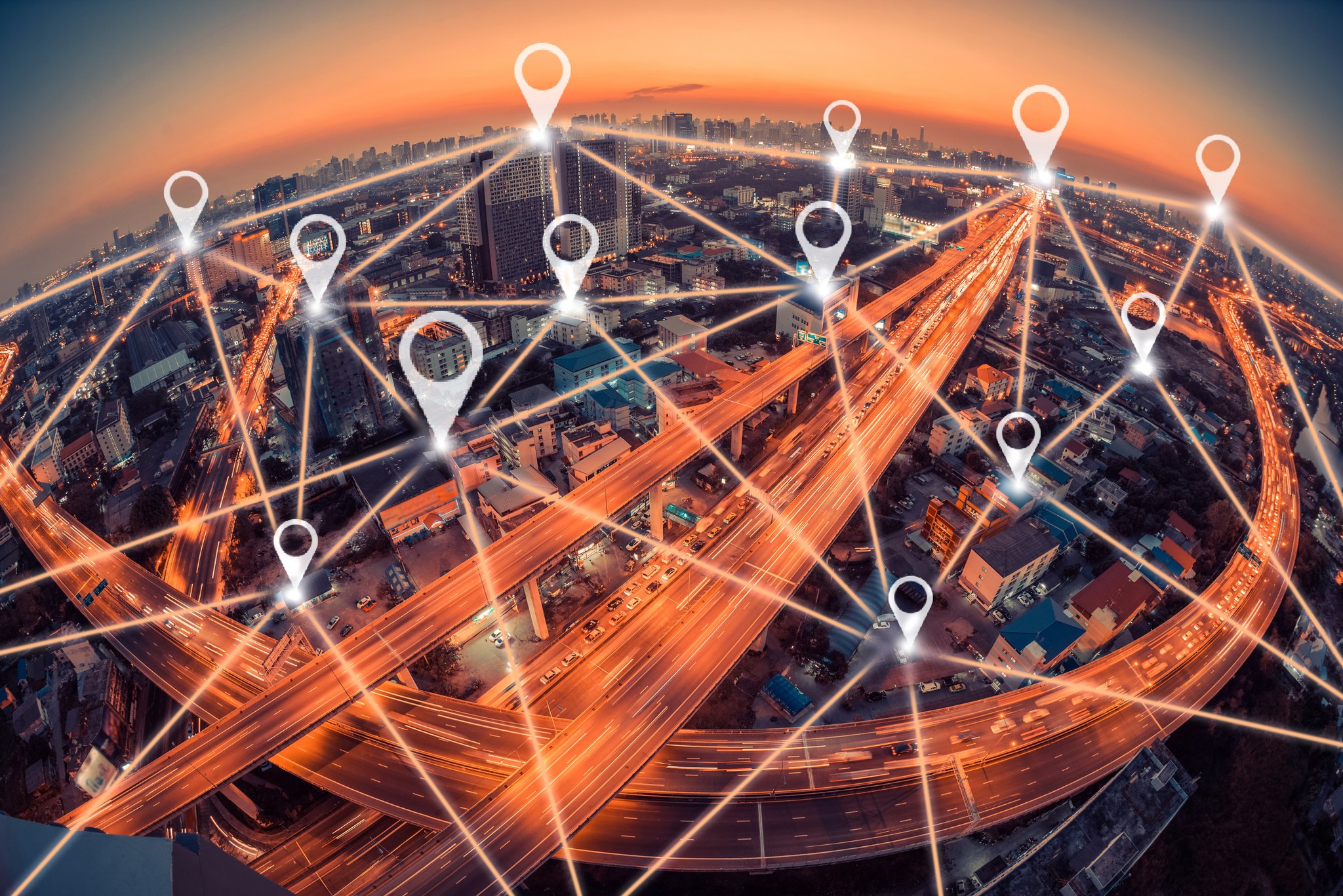
Trust in the digital age
Digital, SocietyHow does the concept of trust play out in the context of new technologies? At a time when blockchain technology is experiencing phenomenal success in the corporate sector, it has become crucial to examine the mechanisms involved in building…
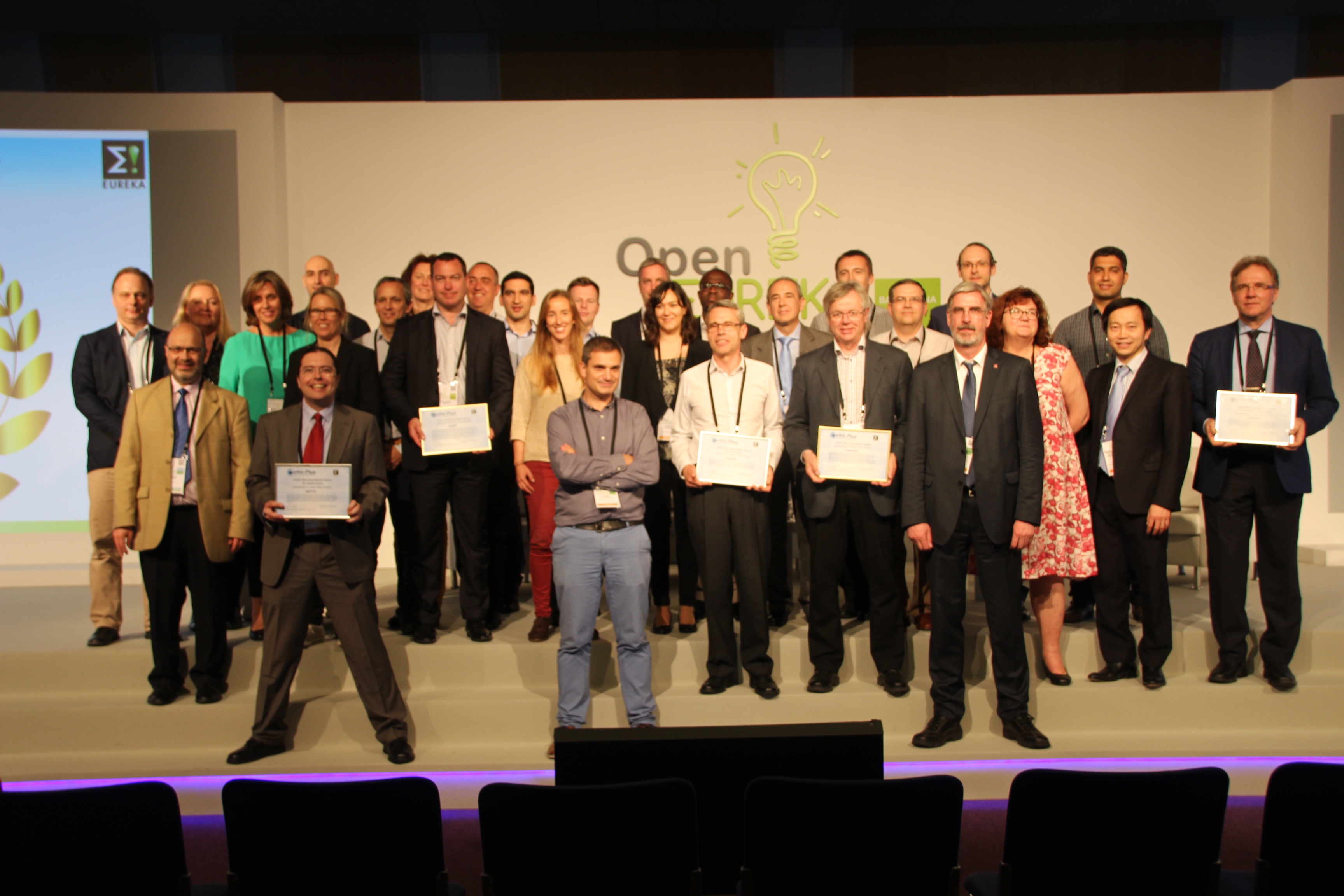
Three IMT projects receive Celtic-Plus Awards
Digital, Europe ENThree projects involving IMT schools were featured among the winners at the 2017 Celtic-Plus Awards. The Celtic-Plus program is committed to promoting innovation and research in the areas of telecommunications and information technology. The…
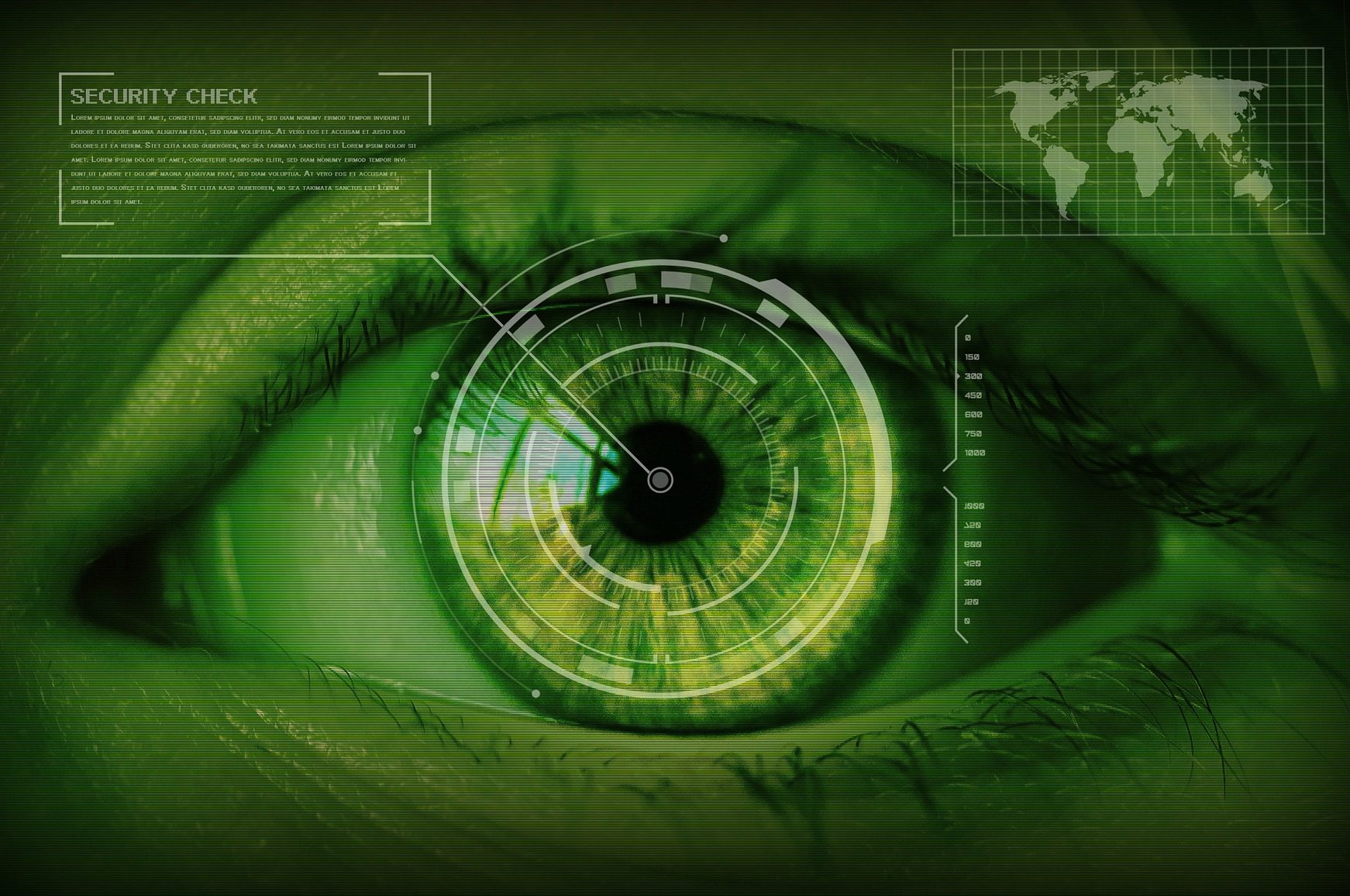
Iris recognition: towards a biometric system for smartphones
Digital, In the NewsSmartphones provide a wide range of opportunities for biometrics. Jean-Luc Dugelay and Chiara Galdi, researchers at Eurecom, are working on a simple, rapid iris recognition algorithm for mobile phones, which could be used as an authentication…
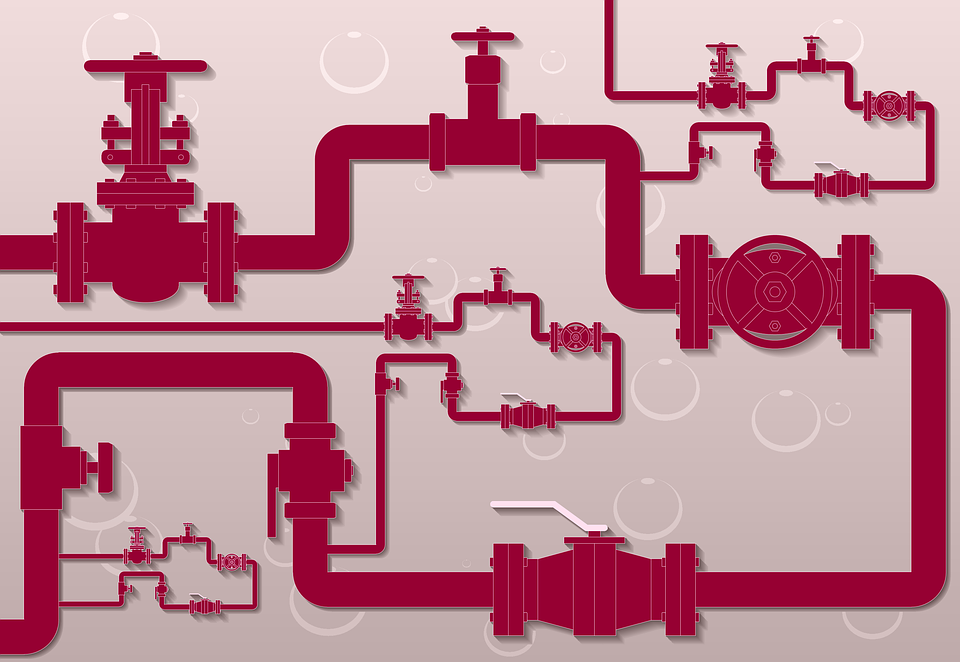
Improving heating network performance through modeling
Digital, Energy & environment, In the NewsAt the IMT “Energy in the Digital Revolution” conference held on April 28, Bruno Lacarrière, an energetics researcher with IMT Atlantique, presented modeling approaches for improving the management of heating networks. Combined with digital…

Digital technology and energy: inseparable transitions
Digital, Energy & environment, In the News[dropcap]W[/dropcap]hat if one transition was inextricably linked with another? Faced with environmental challenges, population growth and the emergence of new uses, a transformation is underway in the energy sector. Renewable resources are…

Energy performance of buildings: modeling for better efficicency
Digital, Energy & environment, In the NewsSanda Lefteriu, a researcher at IMT Lille-Douai, is working on developing predictive and control models designed for buildings with the aim of improving energy management. A look at the work presented on April 28 at the IMT "Energy in the digital…
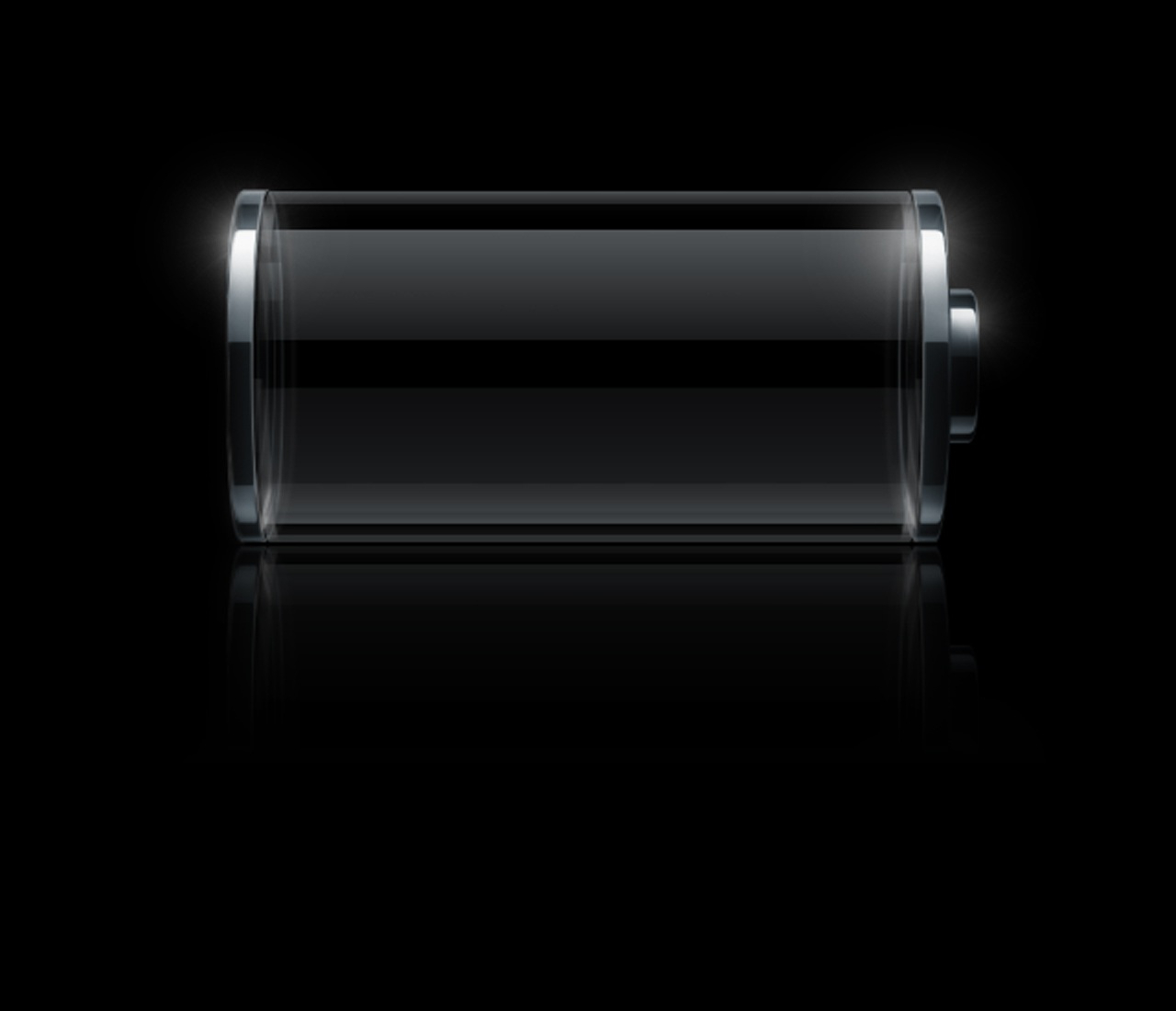
Towards a new generation of lithium batteries?
Digital, Energy & environment, In the NewsThe development of connected devices requires the miniaturization and integration of electronic components. Thierry Djenizian, a researcher at Mines Saint-Étienne, is working on new micrometric architectures for lithium batteries, which appear…
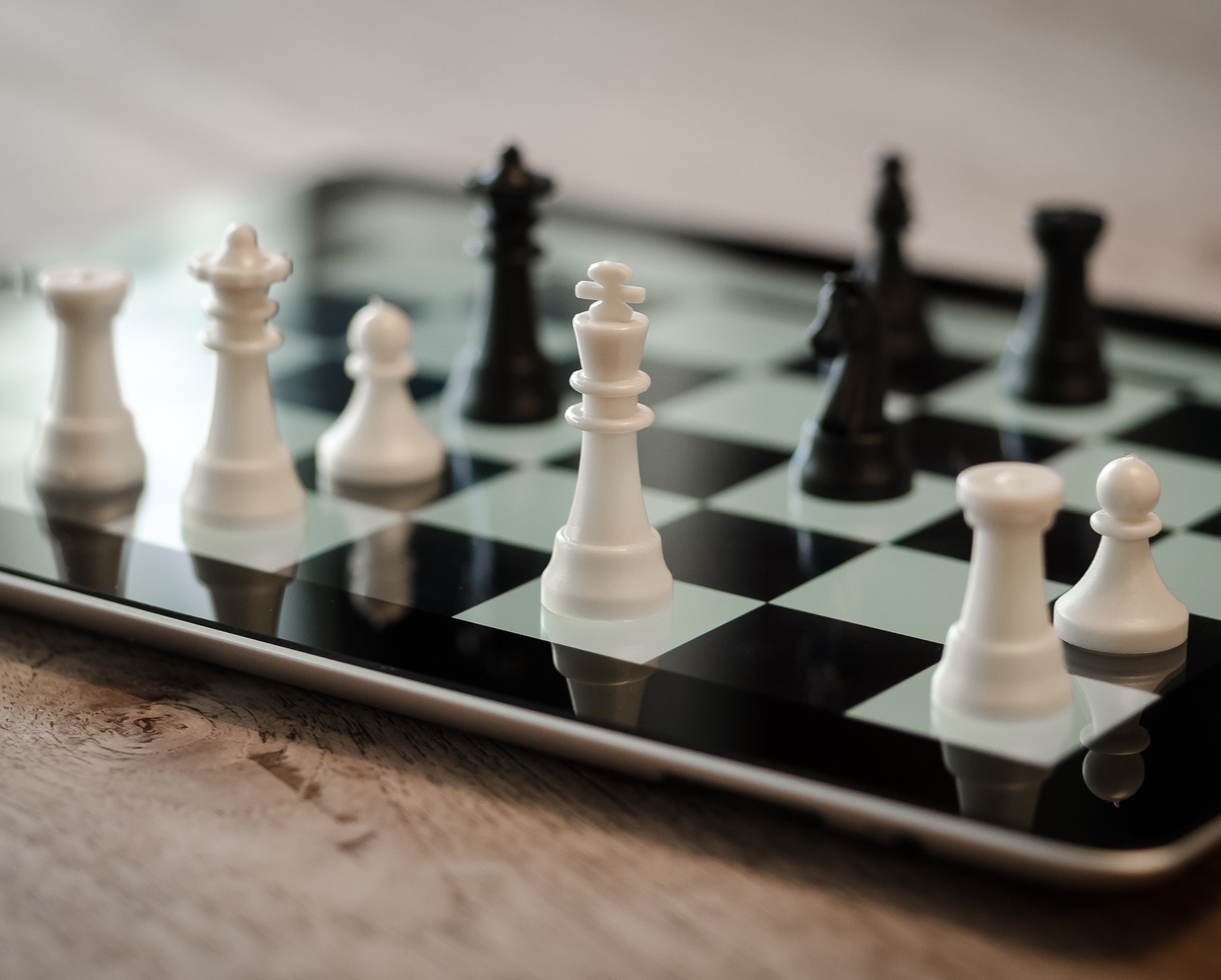
Cloud computing for longer smartphone battery life
Digital, Energy & environment, In the NewsHow can we make our smartphone batteries last longer? For Maurice Gagnaire, a researcher at Télécom ParisTech, the solution could come through mobile cloud computing. If computations currently performed by our devices could be offloaded to…
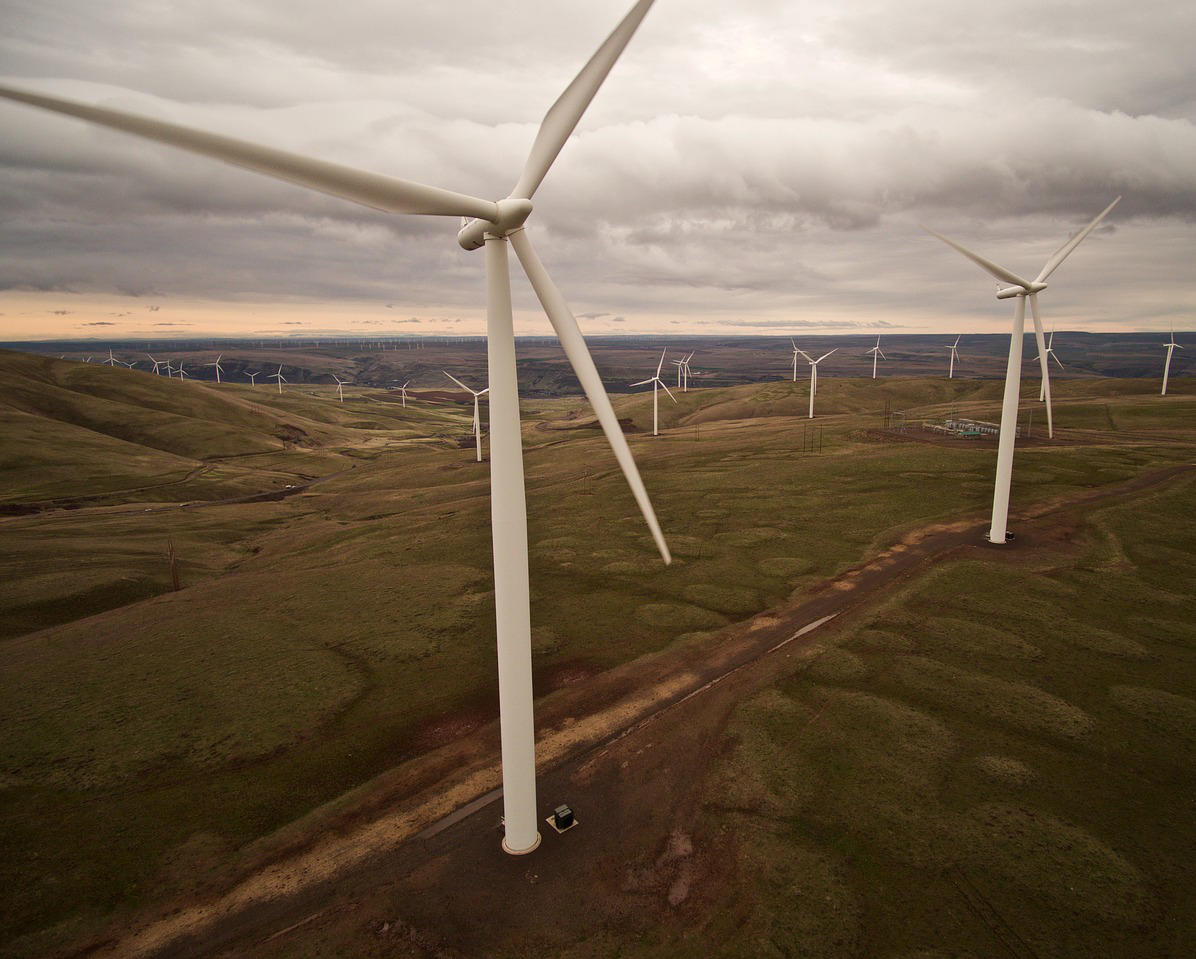
Energy and telecommunications: brought together by algorithms
Digital, Energy & environment, In the NewsIt is now widely accepted that algorithms can have a transformative effect on a particular sector. In the field of telecommunications, they may indeed greatly impact how energy is produced and consumed. Between reducing the energy consumption…

What is net neutrality?
Digital, In the News, What's?Net neutrality is a legislative shield for preventing digital discrimination. Regularly defended in the media, it ensures equal access to the internet for both citizens and companies. The topic features prominently in a report on the state of…

